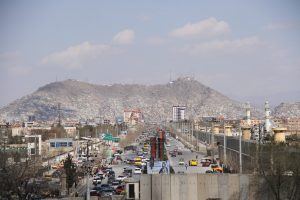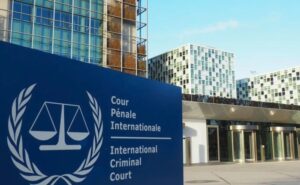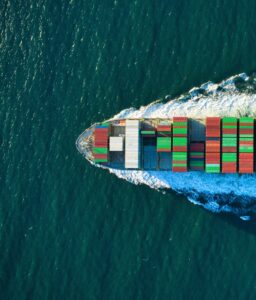The U.S. Department of the Treasury’s Office of Foreign Assets Control (OFAC) issued three General Licences to facilitate the provision of humanitarian assistance to the Afghan people. OFAC has also released a Fact Sheet that elaborates relevant authorizations and provides guidance on directing humanitarian assistance and akin support.
Emphasizing the role of the United States as the biggest provider of humanitarian assistance in Afghanistan, Deputy Secretary of the Treasury Wally Adeyemo explained that the Treasury made possible “broad authorizations” that will make sure international organizations and the U.S. government to carry on the provision of relief to people in need in Afghanistan.
The General Licences expand upon existing authorizations:
Gen. License 17 authorizes transactions and activities involving the Taliban or the Haqqani network for the purpose of official business conducted by the U.S. government by employees, grantees or contractors thereof, being subject to certain conditions.
Gen. License 18 lends exemption to transactions and activities that are for the conduct of international organizations or international entities by employees, grantees and contractors, being subject to certain conditions. The conduct of the official business of following entities are authorized: The U.N. including its programmes, its specialized agencies and related organizations; The International Centre for Settlement of Investment Disputes ICSID, African Development Bank Group, Asian Development Bank, European Bank for Reconstruction and Development and the IDB Group (Inter-American Development Bank Group), the ICRC, the Red Cross and Red Crescent Societies and the Islamic Development Bank.
Gen. License 19 authorizes transactions and activities that involve the Taliban or the Haqqani Network that are necessary to the activities of non-governmental organizations for humanitarian projects providing basic human needs; to consolidate the rule of law; civic participation, governmental accountability and transparency, human rights and fundamental freedoms, access to information and development projects, education; and development projects that are about benefitting the Afghan people, resources and the environment.
The General Licenses do not authorize financial transfers to the Taliban or the Haqqani Network, except for the purpose of effecting payment of taxes, fees or import duties, for permits, licenses, or public utility services linked to the activities.
OFAC press release underlined the absence of prohibitions that target moving or sending money to and out of Afghanistan, or export and reexport of goods and services, as long as sanctioned individuals and entities, or property designated individuals hold an interest are not involved.
The General Licenses do not authorize financial transfers to the Taliban or the Haqqani Network, except for the purpose of effecting payment of taxes, fees or import duties, for obtaining permits, licenses, or public utility services associated with the activities.
General Licenses to assist with the implementation of UNSCR 2615.

The exemptions issued by OFAC will assist with the implementation of the United Nations Security Council resolution adopted the same day by the 15 members of the Security Council, which authorizes humanitarian assistance.
The resolution, constituting a specific exception to the UN 1988 Sanctions regime, covers activities as explained in the U.N. Transitional Engagement Framework (TEF) that intend to facilitate the provision of urgently needed assistance for Afghan people, including life-saving assistance, continuation of essential services, and preserving social investments and community-level systems that cater to core human necessities.
The Fact Sheet issued by OFAC provides a glance into the authorizations and guidance, along with other relevant authorizations and FAQs.







